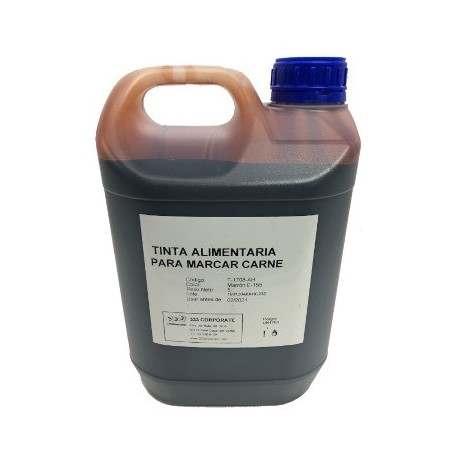Due to the significant economic difficulties faced by the slaughterhouse sector, the French State is undertaking a collective action method involving professional stakeholders and local authorities to build a territorialized strategy for the management of slaughterhouses for the benefit of the livestock industries.
France has 233 slaughterhouses spread throughout the country. The current context of the livestock industries is marked by a more marked decapitalization in recent months, combined with an increase in energy costs and inflation. This situation is likely to threaten the sustainability of the most fragile slaughterhouses.

This context calls for a proactive response to preserve the relevant network at the level of each territory and thus ensure the sustainability of the livestock sectors.
This approach, initiated in collaboration with professional industries and local authorities, is divided into four areas:
- The first priority is to examine the appropriateness of the need and supply of slaughter facilities in each region, in the short, medium, and long term, and then to identify relevant areas for improvement and adaptation by producing areas.
- The second aims to develop a harmonized methodology for assessing the strengths and weaknesses of a slaughterhouse. Several problems can affect the viability of a slaughterhouse: sanitary problems, animal welfare, financial balance, governance and management of the slaughterhouse, commercial strategy, etc.
- The third is to draw up a single document containing the tools that can be used by the various stakeholders to support establishments that are experiencing economic and sanitary difficulties.
- The fourth is to improve the existing synergy between different government departments to support slaughterhouses.
July 10, 2023/ Ministry of Agriculture and Food Sovereignty/ France.
https://agriculture.gouv.fr














